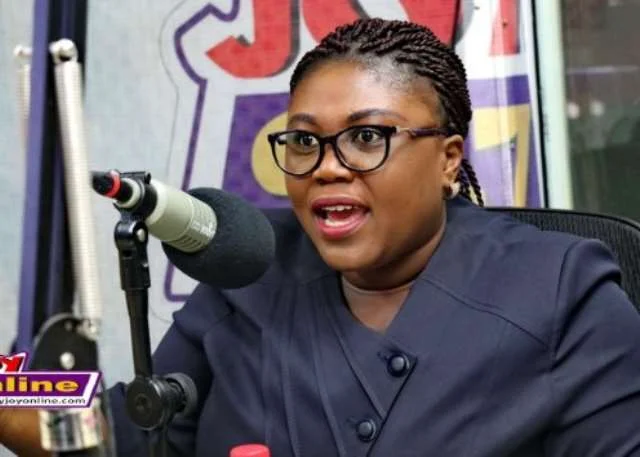On January 15, 2020, the Ghana Education Service (GES) issued a public apology following complaints from hundreds of teachers about poor treatment during a four-day workshop held at the University of Ghana from January 13 to January 16, 2020.
The event, targeting Form 3 Core Subject teachers from Greater Accra, Oti, and Volta Regions, was marred by logistical failures, prompting widespread frustration.
Teachers’ Grievances
Teachers voiced anger over inadequate accommodation and feeding arrangements. Many were left stranded upon arrival on January 13, with organizers failing to provide timely assistance.
The lack of proper facilities and support led to significant discomfort, sparking criticism of the GES’s planning and execution.
Official Statement from GES
In a statement signed by Cassandra Twum Ampofo, Head of the GES Public Relations Unit, the Service accepted full responsibility for the “improper and irregular organization.” The statement read:
“Management of Ghana Education Service apologizes to all participants, teachers, and the general public for the unfortunate development. The initial challenges at the training centers have been resolved, and the programs are now running smoothly. We assure everyone this will not happen again.”
Workshop Details and Context
The GES had invited teachers via a letter dated January 6, 2020, for the workshop aimed at enhancing their skills.
Held at the University of Ghana, the event was intended to support professional development but was overshadowed by logistical shortcomings, particularly in the early hours of the first day.
Steps Toward Resolution
The GES confirmed that all initial issues, including accommodation and feeding, were addressed following the complaints.
The Service committed to implementing measures to prevent similar problems in future training programs, aiming to restore confidence among educators and the public.
Moving Forward
The incident highlighted the need for better planning in educational initiatives. The GES’s swift apology and corrective actions were steps toward rebuilding trust, but teachers and stakeholders called for sustained improvements to ensure such events prioritize participants’ welfare and deliver on their objectives.






